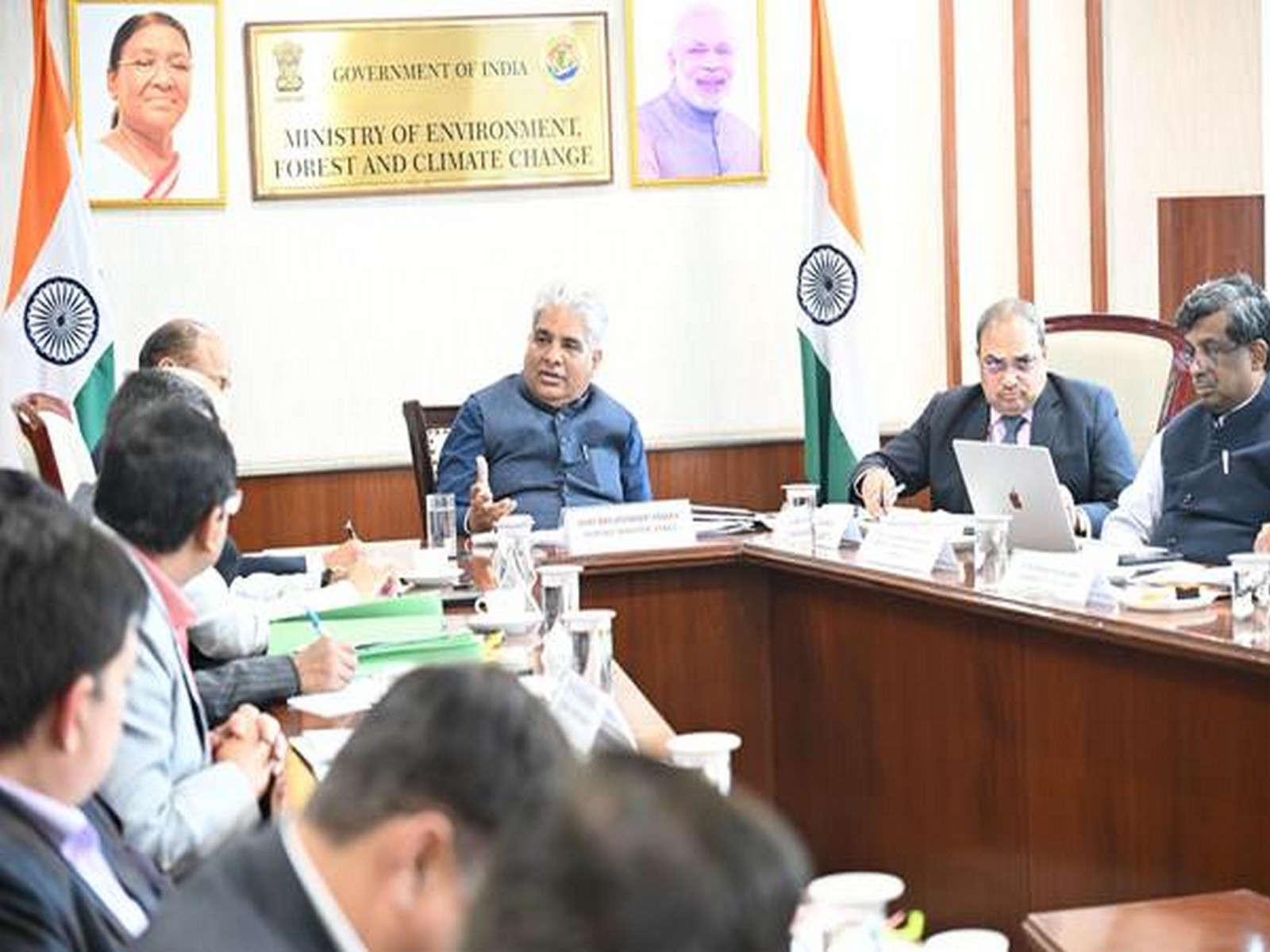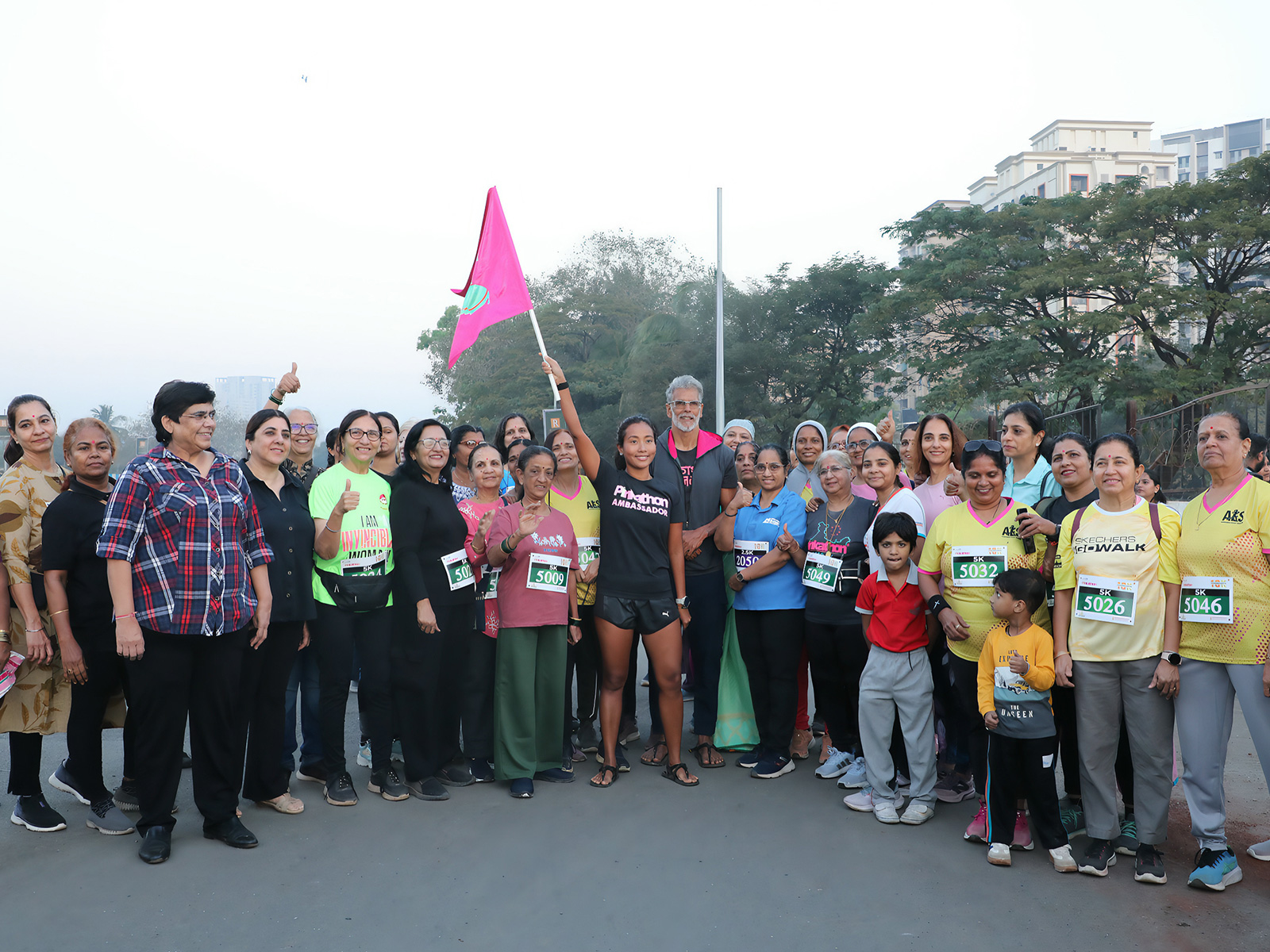Amid COVID-19 crisis, Kerala steps up efforts to cope with southwest monsoon
May 21, 2020

Thiruvananthapuram (Kerala) [India], May 21 : With the southwest monsoon expected to arrive in Kerala by the first week of June, the state's public health machinery has stepped up efforts to cope with the seasonal incidence of communicable diseases, amidst COVID-19 containment.
"The ongoing programmes such as Arogya Jagratha, the grassroots-level health awareness project carried out with the support of local self-government institutions, have been stepped up. Ensuring the participation of people is a key component of communicable disease control efforts. This is especially important in the prevailing context," said Dr V Meenakshy, Additional Director, Directorate of Health Services.
Lending a helping hand is Arogya Sena, a voluntary force which is conducting home visits to encourage people to keep their homes and surroundings clean.
Dr Amar Fettle, state nodal officer, COVID-19, said that the aim is to educate people about what they could do at their end to fend off the spread of viral infections like dengue and H1N1, which have a history of recurrence in the state during the rainy season.
"In the present context, it is possible that many will get confused and become panicky when they develop symptoms of any type of fever. It would be difficult to make out one from the other. The way out is to seek medical aid without waiting," Dr Fettle said.
"People must keep their surroundings clean and dry, individually and collectively, so that the immediate environs will not become the breeding ground for mosquitoes," Dr Fettle added.
For the prevention of leptospirosis, a commonly reported ailment caused by bacteria during the monsoon, it is important to keep the home and the neighbourhood free of litters, especially food morsels, which attract rodents.
The Health Department, and special missions under it such as Aardram working to make health services people-friendly, have stepped up their ongoing programmes in this direction.
Manual labourers are more vulnerable to leptospirosis, which is mostly spread through the urine of rodents. The number of such jobs is set to increase with the employment guarantee schemes getting a boost in the relief packages, targeting the less privileged sections.
So the health department is putting in efforts to prevent the communicable diseases, said a health official.


















